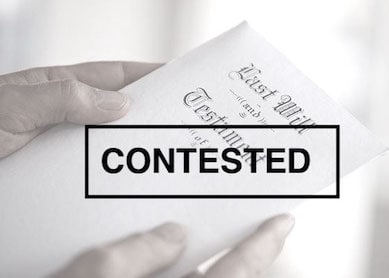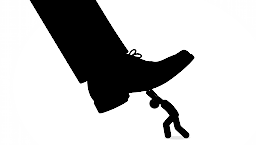Undue Influence in a New York City Estate
You sometimes hear in the news about celebrity cases where a caregiver or a relative exerts undue influence over that person to leave them all or substantially all of their estate by gifting it to them in a will. By unduly influencing someone’s decision to change their will, the results are that the testators other heirs and rightful beneficiaries are either omitted entirely from the testator’s will or their inheritances are substantially reduced.
Some situations are suspect of undue influence. For example, a testator who suddenly decides to make a new will after a new marriage, or when a family member is acting as their caretaker and encourages them to leave them more assets or all of their assets, or when they feel a sense of gratitude or obligation to a third party who has helped them.
Undue influence is a subtle issue to prove, and it’s best left to professionals. Some influence over the decedent does not rise to the degree of “undue influence,” while other influence does. The determination of whether or not there is undue influence also depends on the relationship between the decedent and the person who benefits from their will. For example, a beneficiary who is a long-time spouse or is a child of the decedent is more likely to survive an undue influence claim then a beneficiary who has just been recently married to the decedent, or is a nephew or niece or caretaker.
Ingratiating oneself to a vulnerable person can be a factor in undue influence.
New York law says that a person has the choice to leave their assets to whomever they choose, other than making the intentional choice to omit a spouse from inheriting. This means that an omitted heir or beneficiary does not have an automatic right to inherit if the testator makes other choices. But it does mean that they are entitled to contest the will based upon undue influence if they can prove that their loved one was influenced to change their will or make a new will omitting or reducing the inheritances of other beneficiaries by the person who received the gift designated under the testator’s will.

When the person who benefited from receiving the gift under the testator’s will acted in the capacity of a fiduciary such as the testator’s attorney, financial advisor, accountant or trustee, then there is an inference of undue influence (although the burden of proof does not shift), and the person benefiting need to show that they did not have any undue influence over the testator’s decision and that the testator was represented by independent legal counsel at the time they decided to make the gift. Here is more information about how the courts look at inference in undue influence cases.
Seeking Legal Advice From a New York City Estate Attorney
When making a choice to gift more to one heir than another without first discussing it with all you heirs, it is a good idea to obtain legal advice from a New York probate and estate attorney to make sure that the gift will not be contested later after you pass away by other family members and beneficiaries. Or if you are the person who feels that they have been harmed by undue influence exerted over a loved one to change their will and omit you or gift you less, a New York probate and estate can help you fight to regain your rightful inheritance.
If you wish to speak to a New York estate attorney, call the Law Offices of Albert Goodwin at (212) 233-1233.


